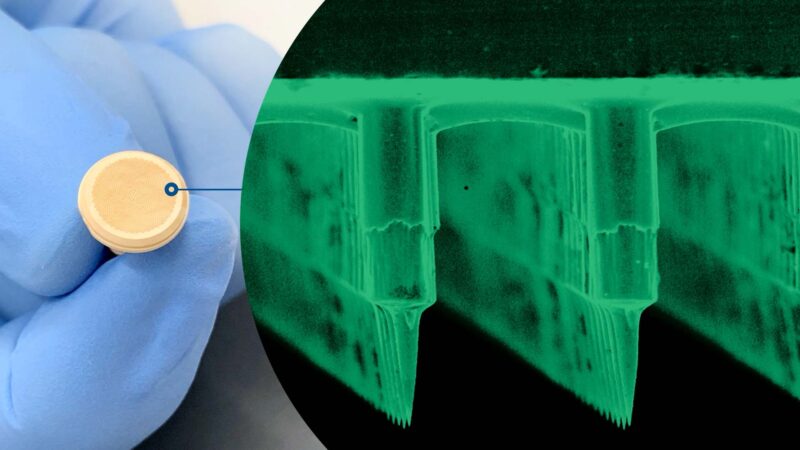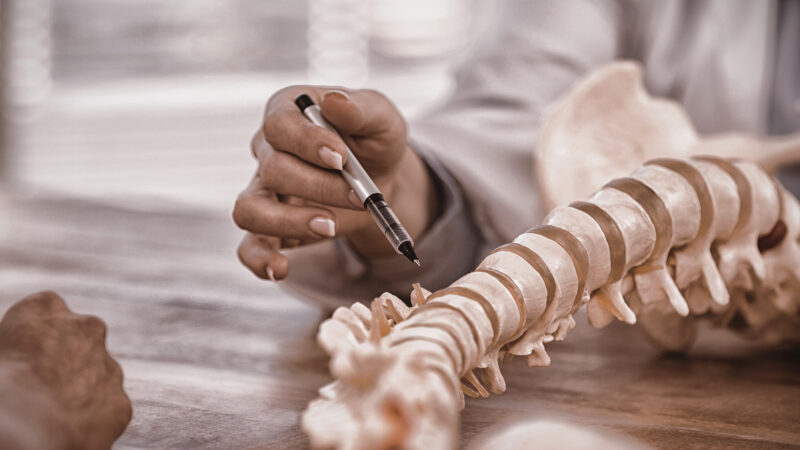RESEARCHER PROFILE
Dr Mark Adams, Senior Research Fellow
School of Biomedical Sciences & Centre for Genomics and Personalised Health
Queensland University of Technology (QUT)
Dr. Mark Adams is a researcher at Queensland University of Technology, working within the School of Biomedical Sciences and Faculty of Health, as well as the Centre of Genomics and Personalised Health. He has been with the university for the past decade, and his main research focus is on lung cancers. Dr. Adams completed his undergraduate studies at the Queensland University of Technology and then went on to earn his PhD based at the Mater Research Institute at the Mater hospital. His PhD focused on prostate cancer and specifically looked at developing drugs that would stop the metastasis of prostate cancer towards the bone.
After completing his PhD, Dr. Adams returned to Queensland University of Technology to commence a postdoctoral fellowship. During his fellowship, he looked at lung cancer and how our genomes are maintained through a process called DNA repair. Dr. Adams has been successful in attracting funding to support his salary through fellowship support from foundations such as Cure Cancer, National Health and Medical Research Council, and the Queensland government.
Dr. Adams’ research focus is on lung cancer, which is the deadliest of all cancers worldwide. He is working towards developing personalised approaches to pinpoint a therapy that is going to be most effective for the person with that disease. Dr. Adams’ research is focusing on chemotherapy and targeted therapy, and he is trying to identify upfront which of those tumours are likely to be resistant to the therapy. He then identifies strategies that will resensitize or increase the sensitivity of the tumour to the standard of care that is targeted therapy or chemotherapy.
Dr. Adams’ research is driven by his fascination with trying to understand how something works and, in particular, understanding cells and the molecular mechanisms underpinning how those cells work. He has always been interested in biology and was drawn to the problem of cancer and what’s going on in those tumour cells that promote tumorigenesis.
Dr. Adams has a young family with three kids, all in primary school. He enjoys downhill mountain biking in the forest and playing futsal on Monday nights.
You Might also like
-
Dr Kelly-Anne Masterman
RESEARCH IN BRAIN COMPUTER INTERFACE
@ SYNCHRON
MELBOURNE, VICTORIA, AUSTRALIA -
Next Generation Condom Contraception, Dr David Shepherd
Dr David Shepherd is a Lead Production Engineer and Materials Specialist at Eudaemon Technologies. His journey began at the University of Wollongong, where he pursued advanced studies and eventually obtained a PhD under the guidance of a distinguished professor. His research initially focused on actuating materials and artificial muscles, particularly centred around hydrogel materials. These early explorations have seamlessly evolved into his current focus on utilising hydrogels in the realm of sexual reproductive health, with a specific emphasis on developing innovative hydrogel condoms.
-
Dr Dinesh Palipana
RESEARCH IN SPINAL CORD INJURY
@ GRIFFITH UNIVERSITY, QUEENSLAND, AUSTRALIA



